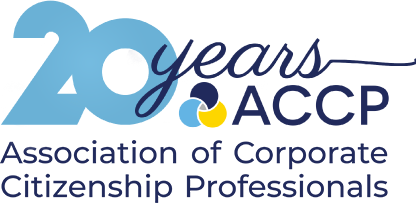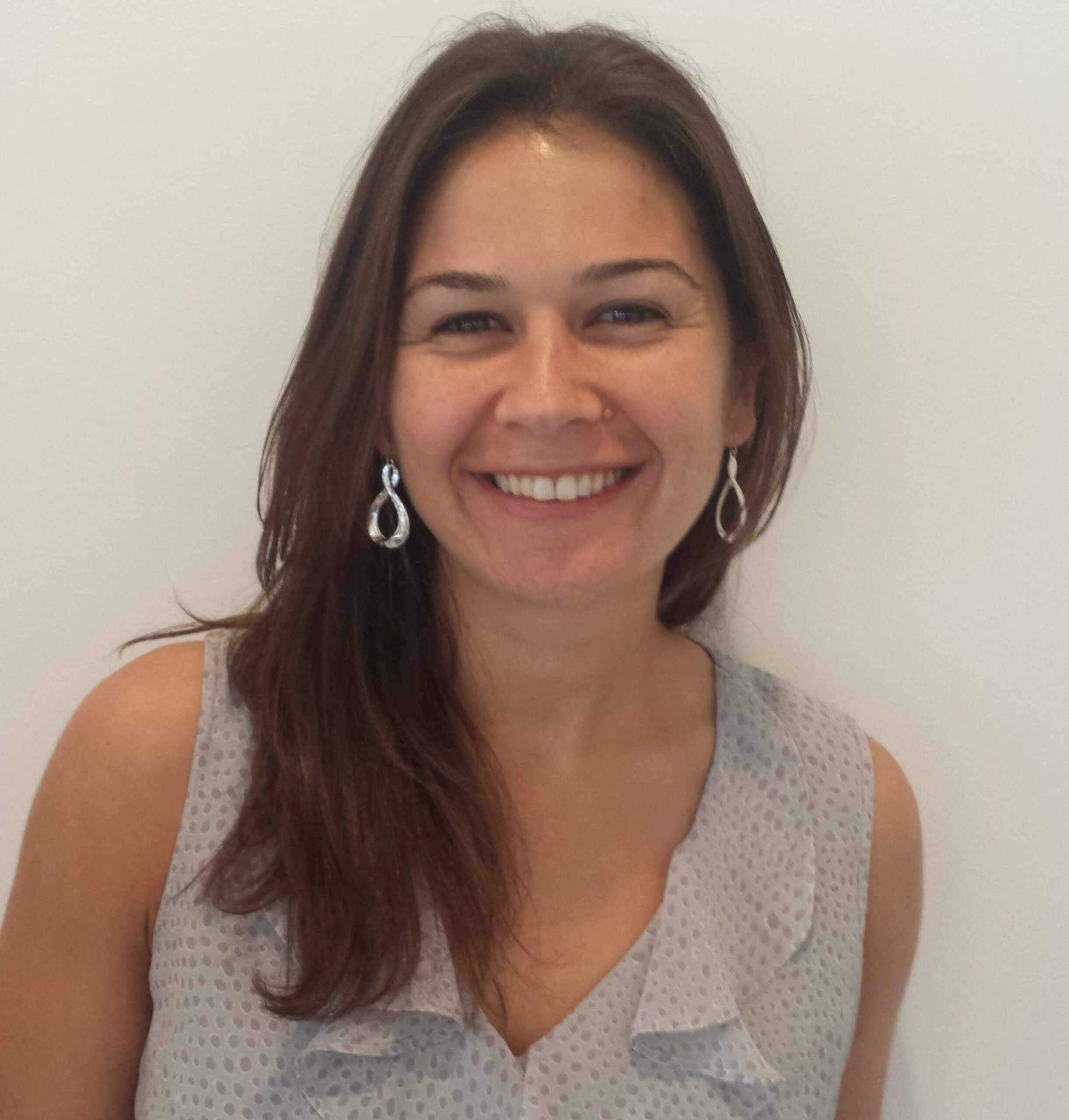ACCP Staff
In this edition of Talking Purpose with Andrea Wood, we’re joined by Tali Golan, Senior Director of Social Impact and ESG at TripAdvisor. Tali has spent more than a decade shaping the company’s philanthropy and impact strategy.
From her start in community service and nonprofit work to building Tripadvisor’s programs from the ground up, Tali shares candid insights on humility, collaboration, and the importance of deeply understanding the business you’re in to drive meaningful social impact.
How did you get your start in corporate citizenship?
I’ve always loved being of service—whether to people, communities, or causes I care about. Growing up and through college, that meant getting involved in community service, student council, and advocacy work. I was hooked on the feeling of making a real difference, especially when working with others to turn ideas into action.
When I began my career in the nonprofit sector, I loved the day-to-day work. But I soon realized how funding limitations limited the potential for impact. I didn’t want to always be on the side of convincing funders that something was worth doing—especially when I wasn’t yet in a position to influence those decisions.
That realization led me to business school during the 2008–2010 downturn, which was also when CSR started becoming a more expected part of business. After graduating, I joined a social impact consulting firm where I gained broad exposure working across industries, companies, and social issues. A few years later, I took that experience in-house at Tripadvisor, where I spent the next decade building out our social impact and philanthropy strategy from the ground up.
What advice or lessons learned do you most often share with members of your team or other CSR professionals?
Understand the business you’re in—really understand it. The core concepts of CSR aren’t rocket science. You can learn them through a course, a book, or even a Learning Language Model (LLM) these days. However, applying them in a meaningful and strategic way within your specific business context is the game-changer.
Discover how your product team thinks, what your marketing strategy entails, and what keeps your investor relations or public affairs teams up at night. Get to know your colleagues in HR—what their talent, engagement, and culture priorities are. Sit in on sales teams’ pitches to understand how your business products and services are positioned to consumers and customers. All of that context shapes what’s possible.
The best social impact strategies don’t exist in a vacuum. They’re built in sync with the business’s drivers, gaps, and goals. You’ll only be effective if you take the time to understand the ecosystem you’re operating in and find where social impact can genuinely add value.
What is one specific piece of advice you received that has served you well in your professional journey?
Throw your ego in the trash.
Ego manifests in subtle ways—such as wanting to be the most intelligent person in the room, hesitating to ask for help, resisting feedback, or expecting constant recognition and reward. Early in my career, I thought I had to constantly prove myself. I saw asking for help, saying “I don’t know,” or taking a “step back” as a weakness.
But I’ve learned that ego only gets in the way. When I let go of needing to be right or noticed, I learned more, grew faster, built better relationships, and opened doors I didn’t even know existed.
Every great opportunity I’ve had started with staying humble, curious, and collaborative. Do the work. Nurture your relationships. Keep learning. The rest will follow.
Considering the current landscape corporate social impact professionals are working in, what are the essential things you suggest for them to make a priority?
Keep going—and find your own way to stay the course.
Whether you’re full-time in a social impact role, consulting, job-hunting, or still in school, now is not the time to give up. This field needs people who believe in its potential. The context might look different from what it did a few years ago, but there’s still a great deal of vital work to be done.
If your internal scope is limited, go deeper into what you can do. If you’re consulting, proactively pitch new ideas to address business challenges through a social impact lens. Or if you’re job-hunting, remember: a lot of roles aren’t being posted right now, so lean into your network. If you’re in school, get experience however you can—internships, volunteer gigs, project-based work, research.
And take care of yourself. As one of my former bosses used to say, “Put your oxygen mask on first.” I didn’t fully get that until I had kids and became more intentional with my time and energy. I lift heavy weights, get outside as much as possible, travel with my family, volunteer, and even read a physical newspaper (yes, online, but it’s less stressful than scrolling through social media!).
Find what fills your cup and commit to it through baby steps. Taking care of yourself means you can show up better for work and for the people in your life.
One fun/personal question – who’s someone you admire and why?
Who I admire often depends on where I am in life—but one person I keep coming back to is my sister-in-law.
She’s raised three incredible kids, worked full-time, hosted holidays, volunteered in her community, and been a rock for her extended family—often all at once. She’s also been a significant influence on my professional journey (we actually worked together before I met my husband—her little brother!).
Now that she’s entering a new chapter as an empty nester and I’m just starting school drop-offs, I often find myself asking, “How did she do it?” She’s shown me what balance, resilience, and grounded leadership can look like—and I’m so grateful to have her as both a model and a support in my life.

